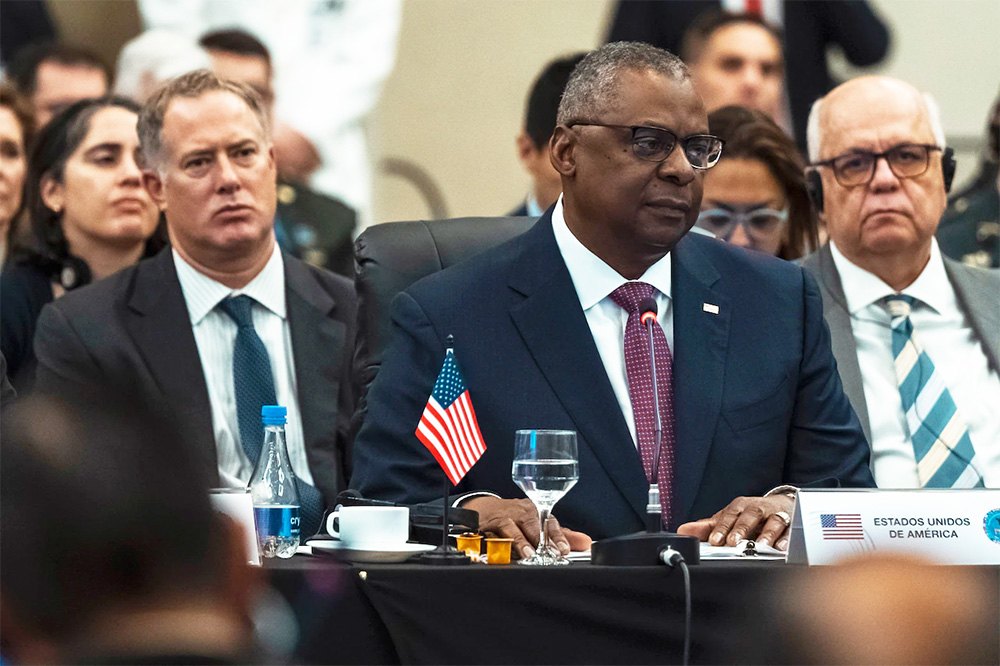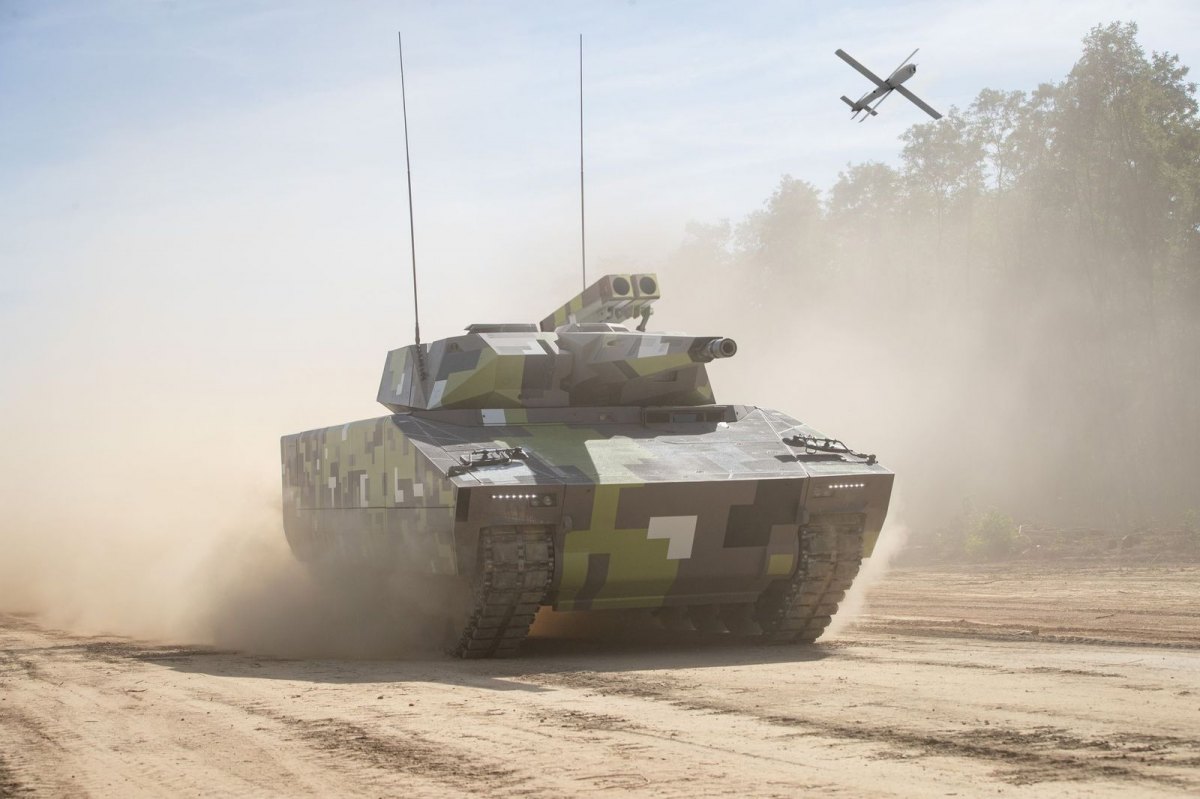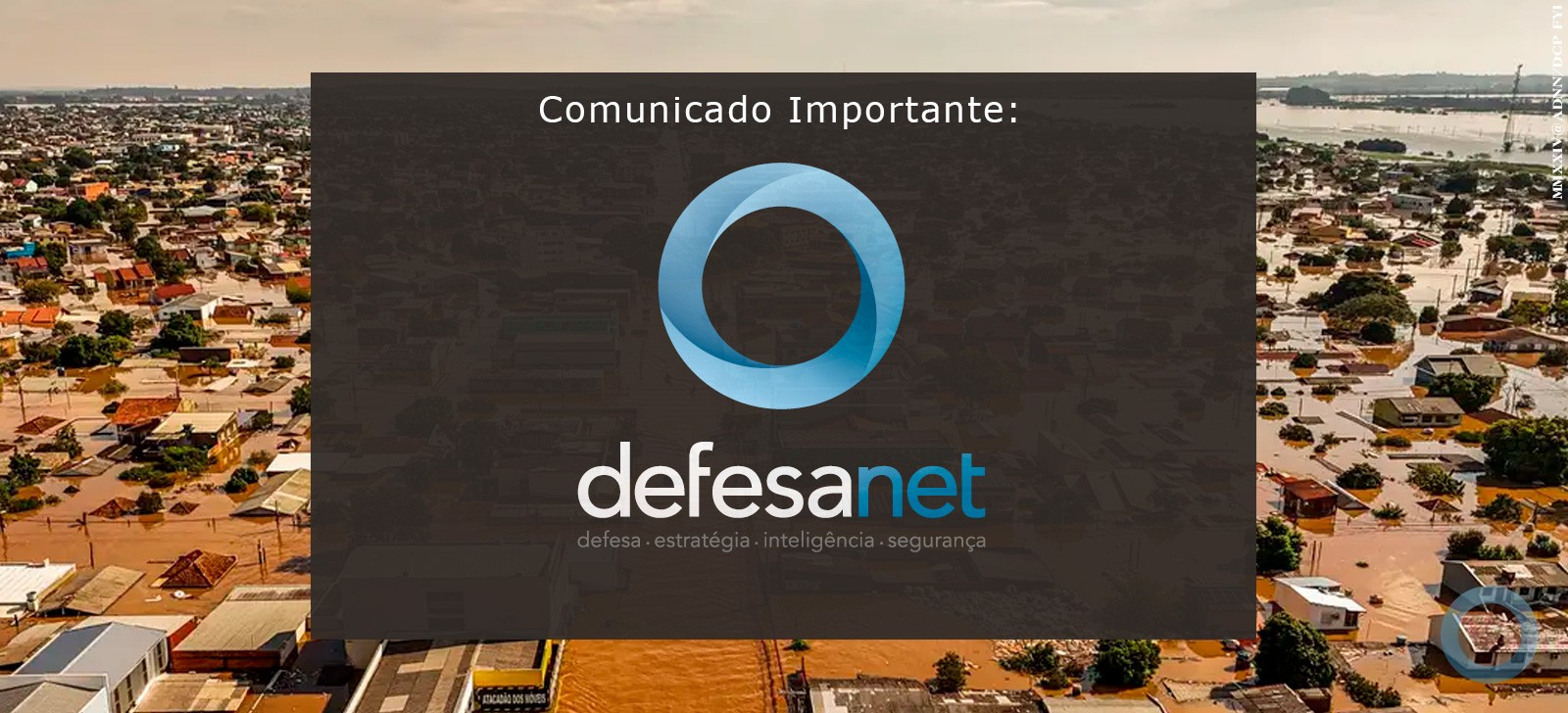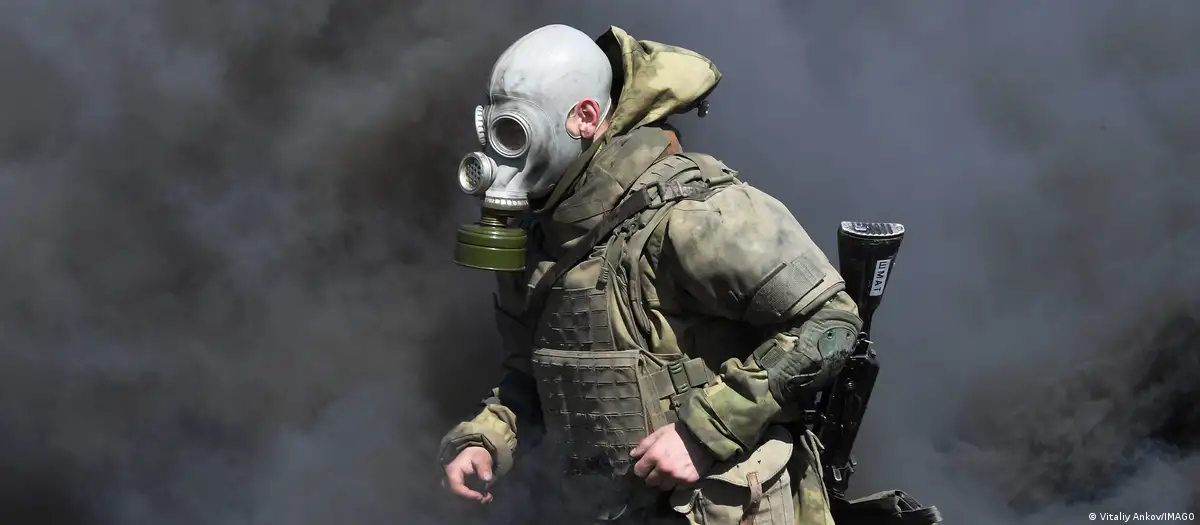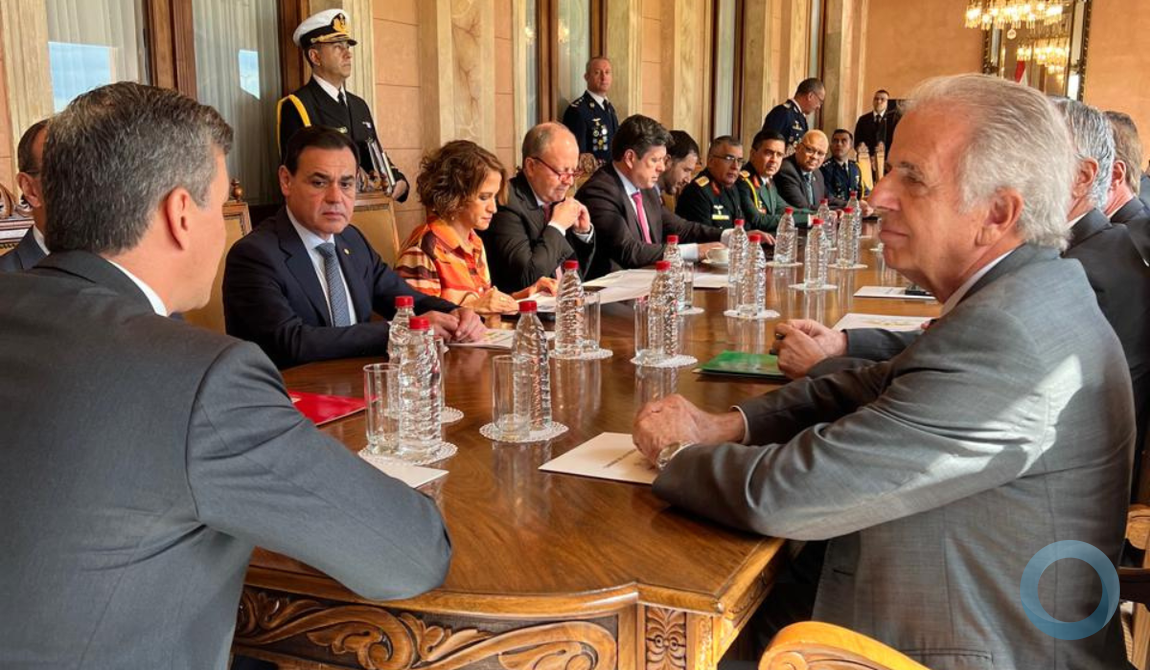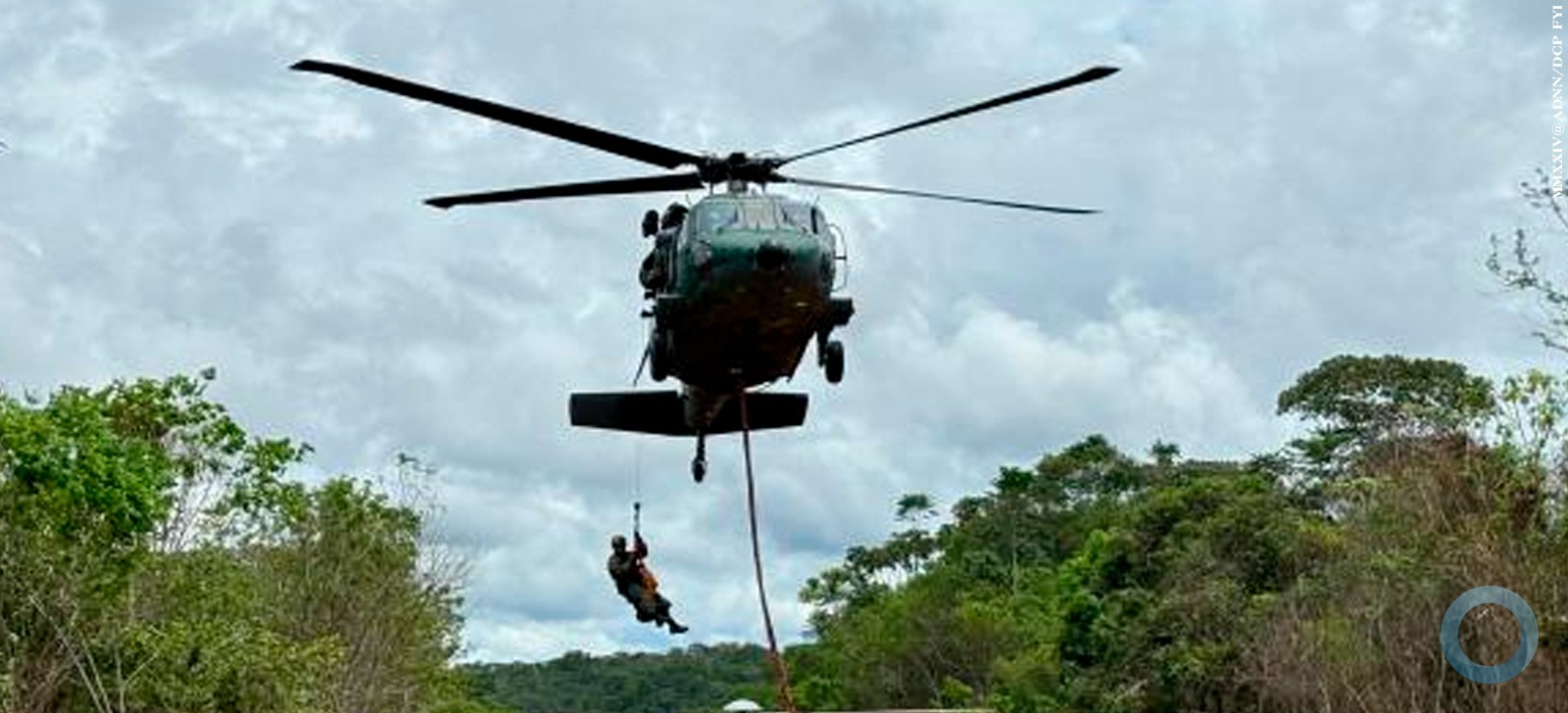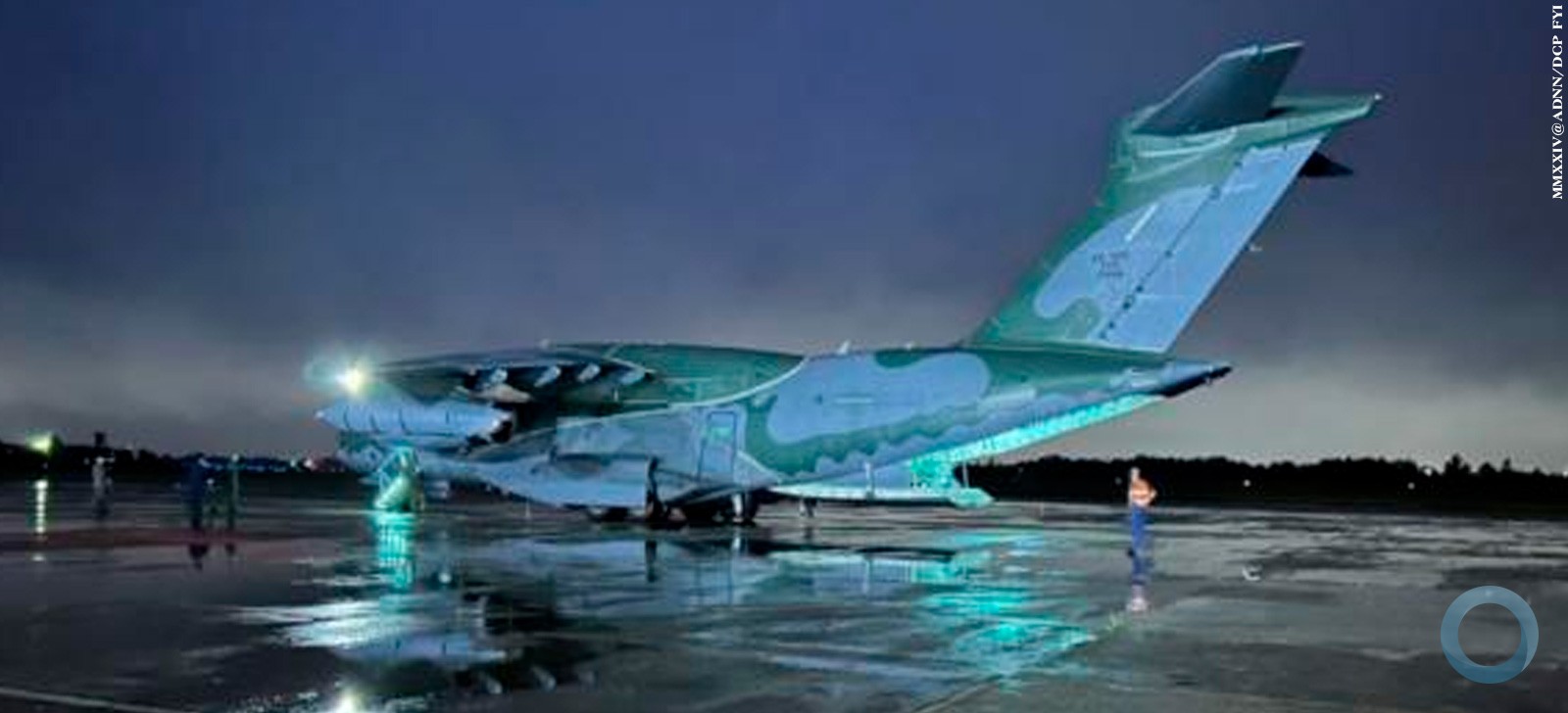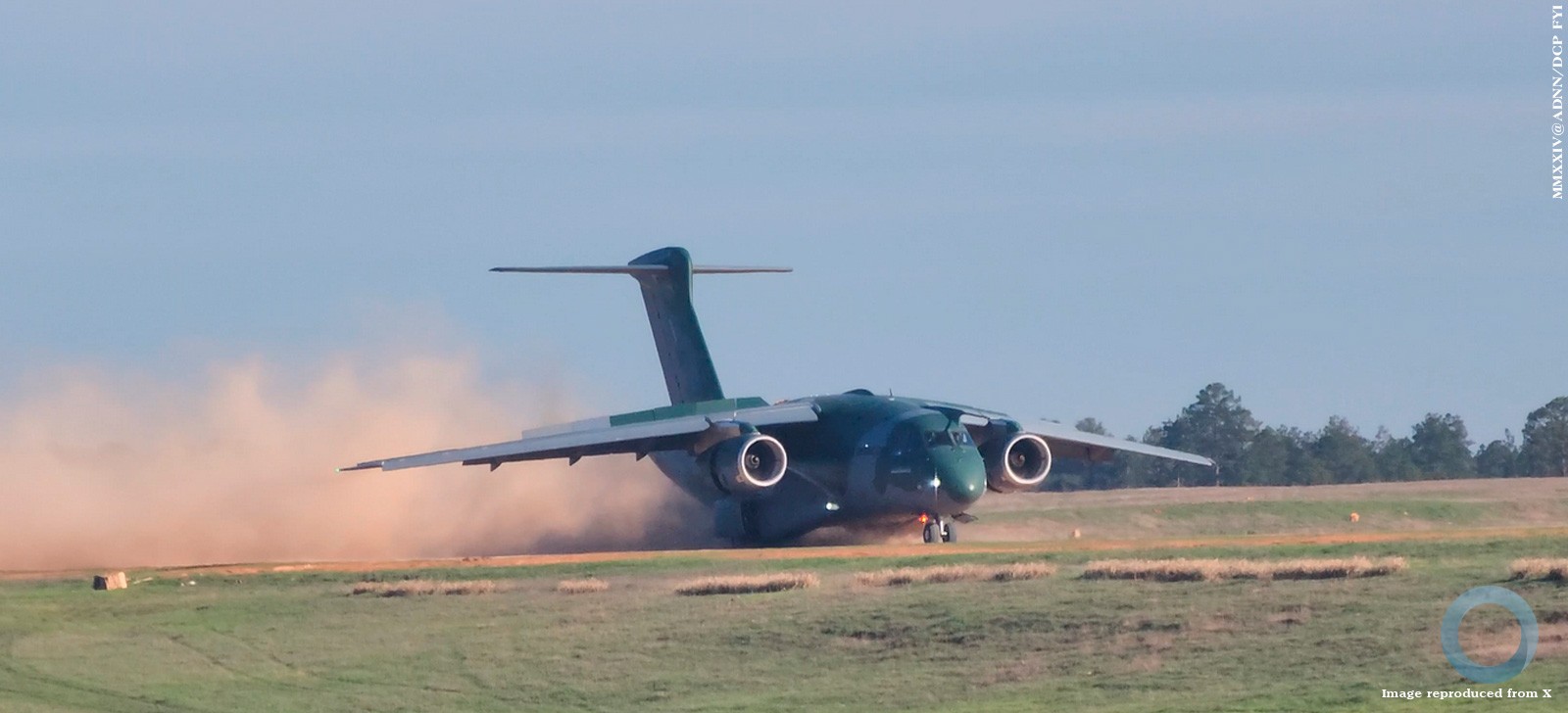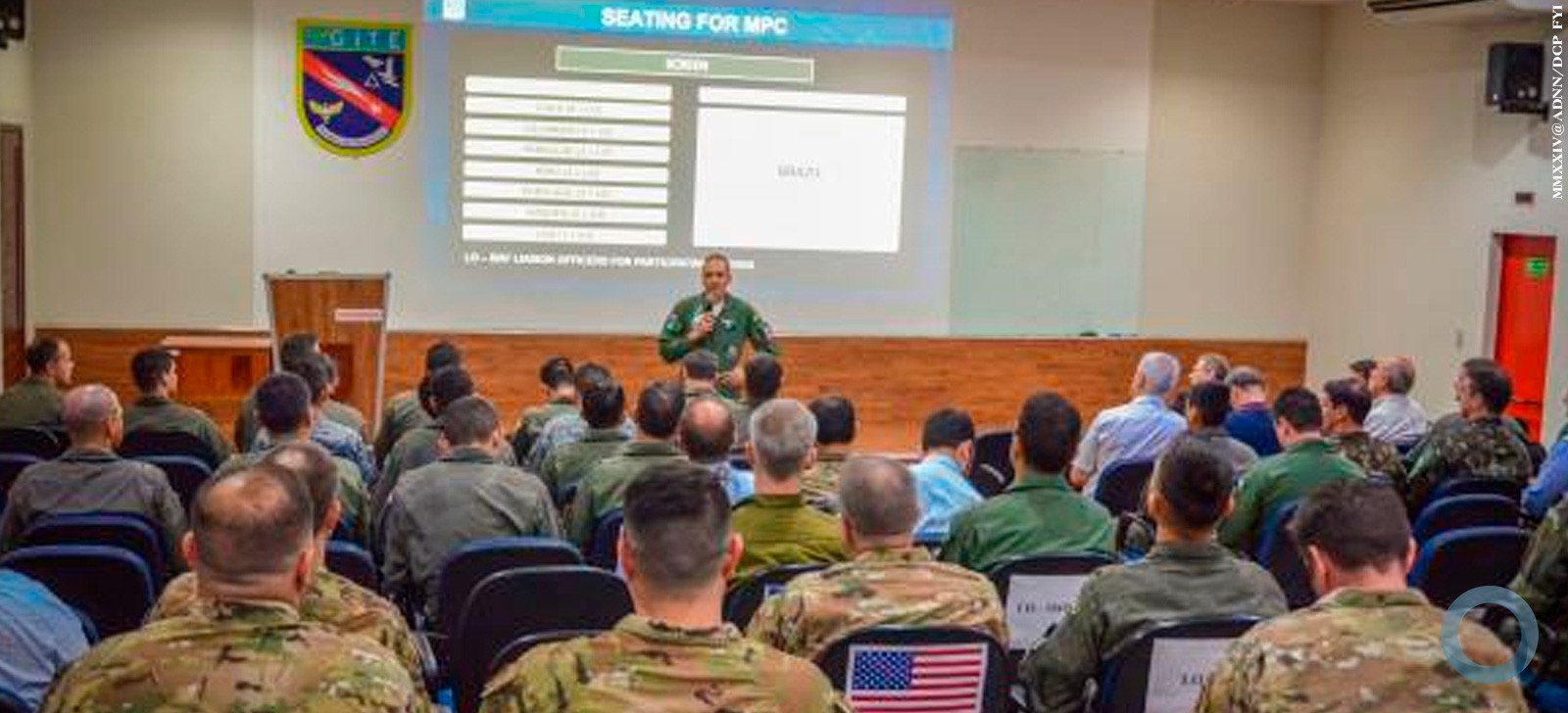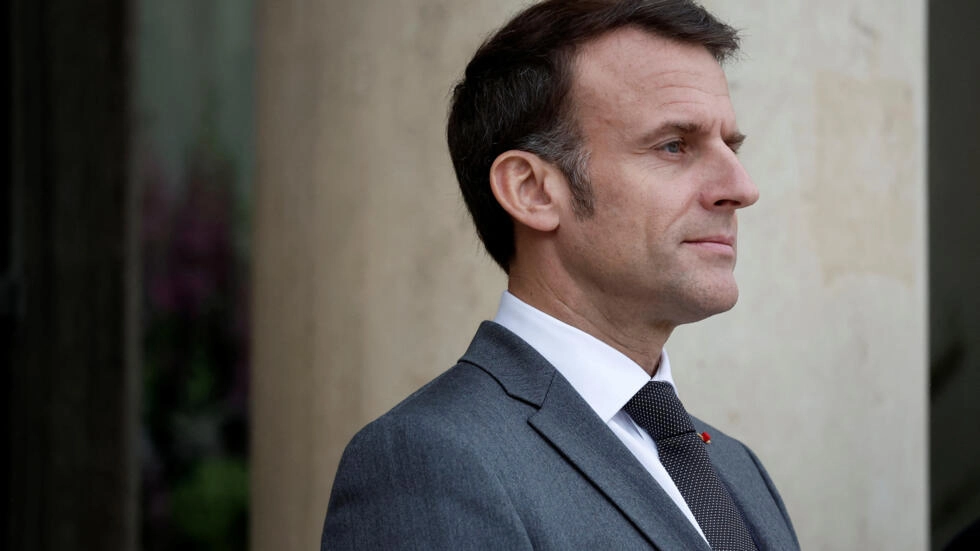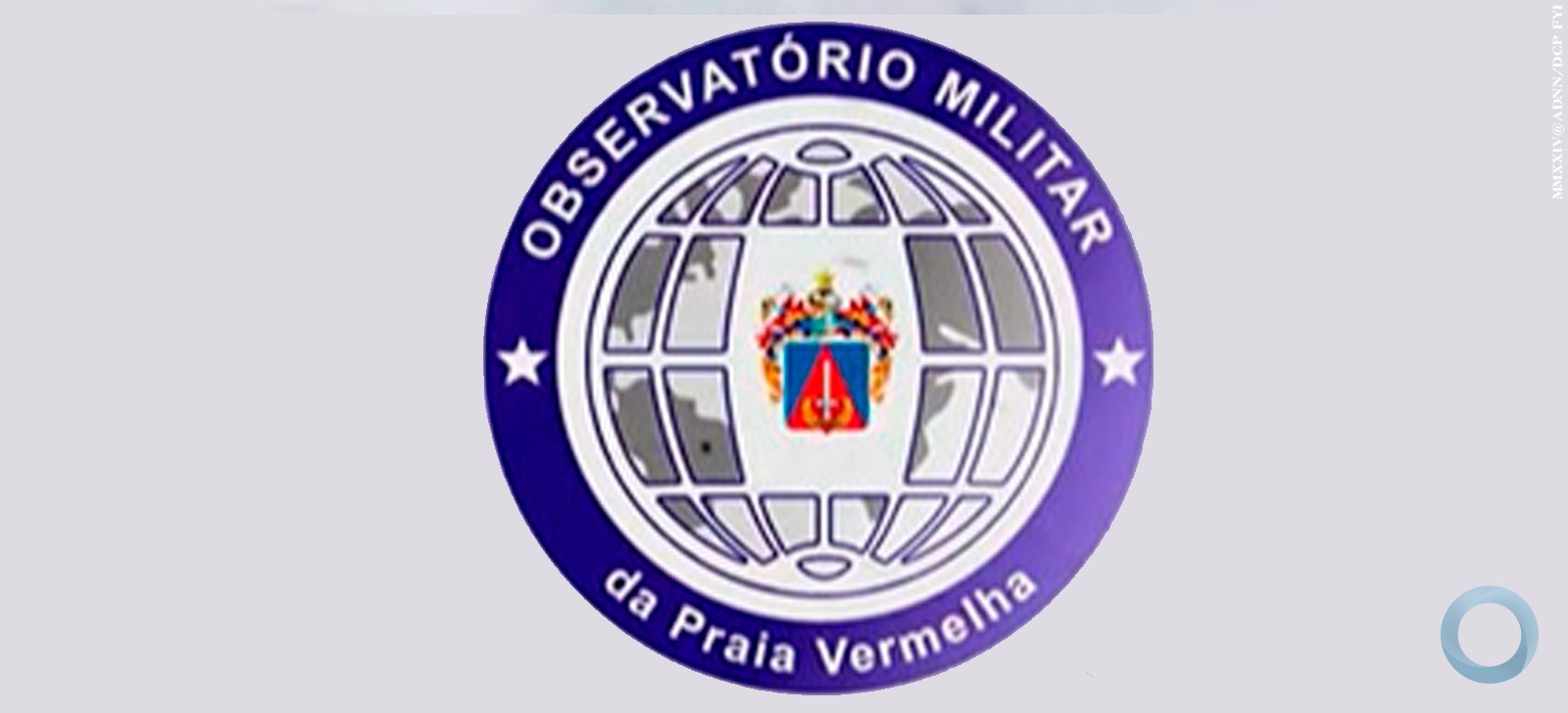25 January 2016
1. Prime Minister Narendra Modi and President Francois Hollande strongly condemned the heinous terrorist attacks that have struck many parts of the world recently and expressed their shared anguish and outrage at the loss of innocent lives in Paris, Bamako, Beirut, Tunis, San Bernardino, N’Djamena and the Lake Chad Basin Region, Kabul, Gurdaspur, Istanbul, Pathankot, Jalalabad, Jakarta, Ouagadougou and Charsadda. Noting that such terror attacks were an attack on the whole of humanity and foundational human values, they reiterated their unequivocal condemnation of terrorism and reaffirmed their determination to jointly combat this scourge.
2 Agreeing on the imperative of having a comprehensive approach to address terrorism, India and France resolved to step up their bilateral cooperation, under the supervision of annual strategic dialogues and joint working group on counterterrorism meetings, to counter violent extremism and radicalization, disrupt recruitment, terrorist movements and flow of Foreign Terrorist Fighters, stop sources of terrorist financing, dismantle terrorist infrastructure and prevent supply of arms to terrorists. To this end, they committed to further develop exchanges in the fields of intelligence, finance, justice and police. They welcomed the strengthening of the cooperation between Indian and French counter terrorism authorities and units, in particular between their cybersecurity experts. In addition to the useful counter-terrorism exercises, by French and Indian Armies, including Exercise Shakti, held last in Bikaner at the beginning of the year, they decided to hold further operational exercises between French GIGN and Indian National Security Guard.
3 Deeply concerned about the growing threat of terrorism to global peace and security, Prime Minister Modi and President Hollande called for greater unity, stronger international partnership and concerted action by the international community. Considering the urgent need to establish a comprehensive international legal framework to address the growing global menace of terrorism, they called for early conclusion of negotiations and adoption of the Comprehensive Convention on International Terrorism in the United Nations. When adopted, the Convention would constitute an ideal platform for a global alliance of nations against terrorism.
4 Both leaders urged the international community to make concerted efforts to strictly comply with United Nations Security Council resolutions 1267, 1988, 1989, 2253 and other relevant resolutions designating terrorists and terrorist groups or condemning terrorist acts. They resolved to deepen cooperation on UN terrorist designations and work towards increasing the effectiveness of the UNSCR 2253 sanctions regime. They also resolved to work together to drive forward international efforts in forums like the Financial Action Task Force (FATF) and the Global Counter Terrorism Forum (GCTF).
5 Deeply concerned about the risk of proliferation of weapons of mass destruction to terrorist groups, they urged all countries to fully abide by UNSCR 1540 as well as IAEA requirements, and ratify the Convention on the Physical Protection of Nuclear Material (CPPNM) including its 2005 Amendment as well as the International Convention on the Suppression of Acts of Nuclear Terrorism (ICSANT), especially in the lead up to the Nuclear Security Summit of 1 April 2016.
6 Recognising the urgent need to disrupt terrorist networks and financing channels, eliminate terrorist safe havens, training infrastructure and cross-border movement of terrorists, Prime Minister Modi and President Hollande underlined the need for all countries to effectively deal with terrorism emanating from their territory or territories under their control. They called for actions to be taken, consistent with international law, against all entities, including States, that sponsor, provide support, active or passive, to terrorist groups or harbour them.
7 Both leaders welcomed the unanimous adoption by the UN Security Council, of resolution 2249 that calls upon Member States to take all necessary measures against the unprecedented threat posed by Daesh/ISIS. Prime Minister Modi commended France’s leadership and decisive actions in the fight against terrorism.
8 Stressing that terrorism cannot be justified under any circumstance, regardless of its motivation, wherever and by whomsoever it is committed, both leaders asked for decisive actions to be taken against Lashkar-e-Tayibba, Jaish-e-Mohammad, Hizb-ul-Mujahideen, Haqqani Network and other terrorist groups such as Al Qaeda. Condemning the recent terror attacks in Pathankot and Gurdaspur in India, the two countries reiterated their call for Pakistan to bring to justice their perpetrators and the perpetrators of the November 2008 terrorist attacks in Mumbai, which also caused the demise of two French citizens, and to ensure that such attacks do not recur in the future. President Hollande commended India for its stabilizing role in South Asia, in particular in Afghanistan, and its recent initiative to launch a comprehensive dialogue with Pakistan.
9 The two sides noted that terrorist activities and proxies supported from safe havens across Afghanistan’s borders pose a grave threat to peace, security and stability of Afghanistan. In this regard, they emphasized the need to address this challenge by dismantling terrorist sanctuaries and safe havens and disrupting all financial and other support for terrorist groups and individuals. The two sides emphasized that durable peace and political reconciliation in Afghanistan require maintaining continued international support to the efforts led and owned by Government of Afghanistan. They reaffirmed their commitment to the key principles of a peaceful inter-Afghan dialogue: acceptance of the Afghan Constitution, renunciation of violence and severing links with terrorism.
10 Reaffirming that terrorism cannot and should not be associated with any religion, nationality, civilisation or ethnic group, India and France agreed to coordinate efforts to better understand radicalization processes, and counter the misuse of religion by groups and countries for inciting hatred, perpetrating and justifying terrorism or pursuing political aims. They agreed to facilitate regular exchanges of civil society to promote the values of peace, tolerance, inclusiveness and welfare. They reaffirmed their shared conviction and confidence that the values of humanism will prevail in countering the malicious propaganda of hatred and intolerance espoused by the divisive forces of extremism and terrorism.






